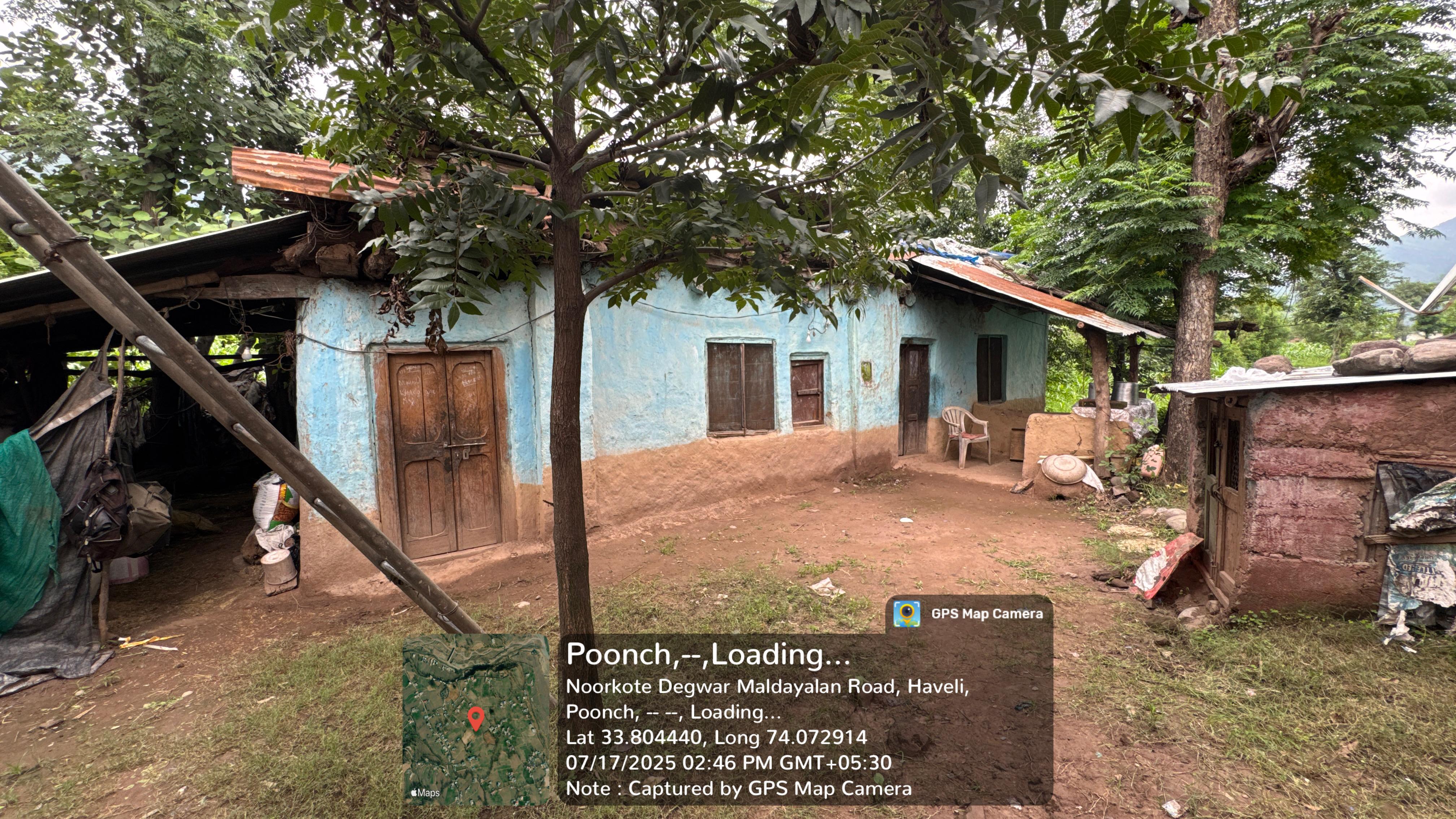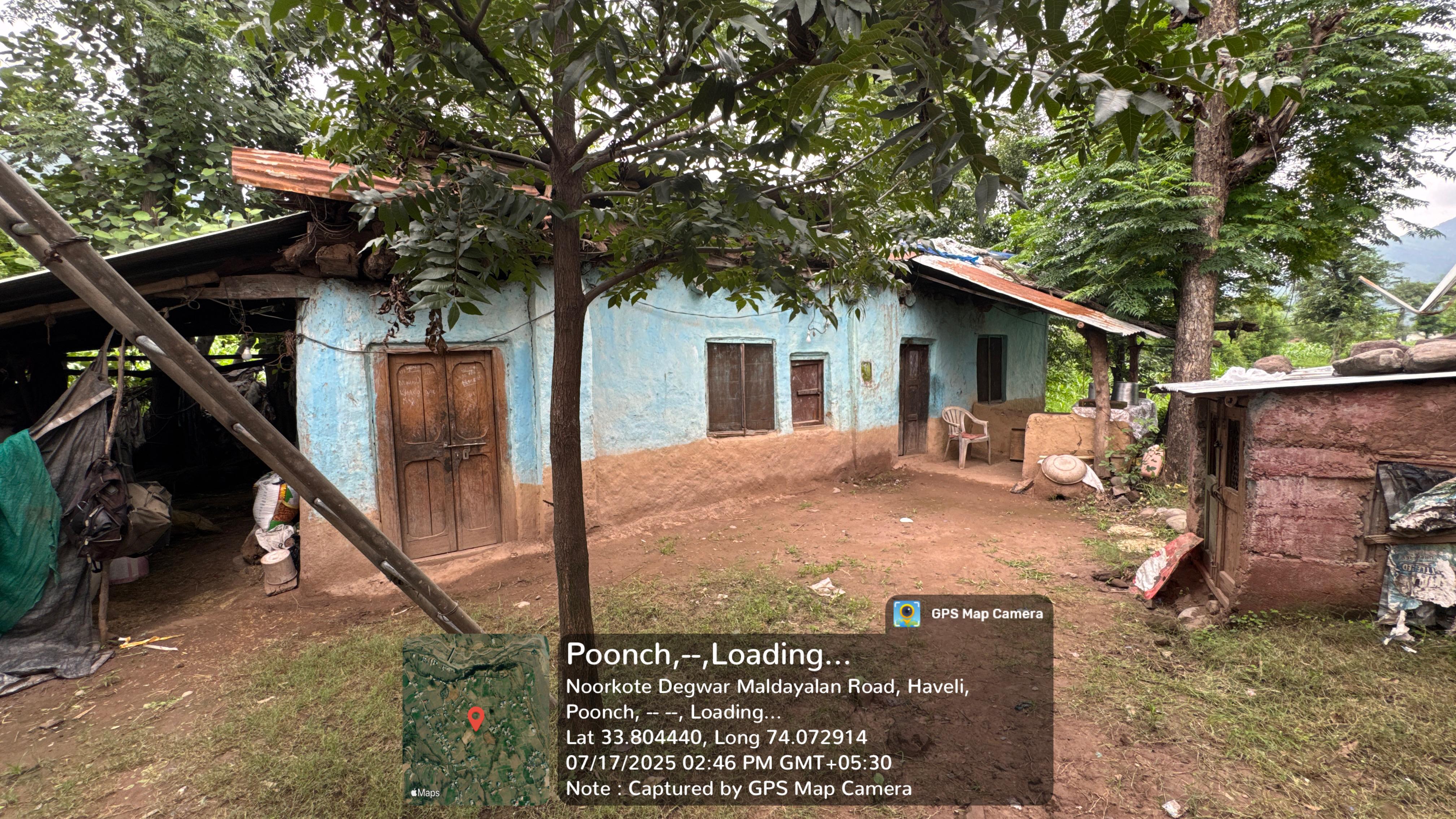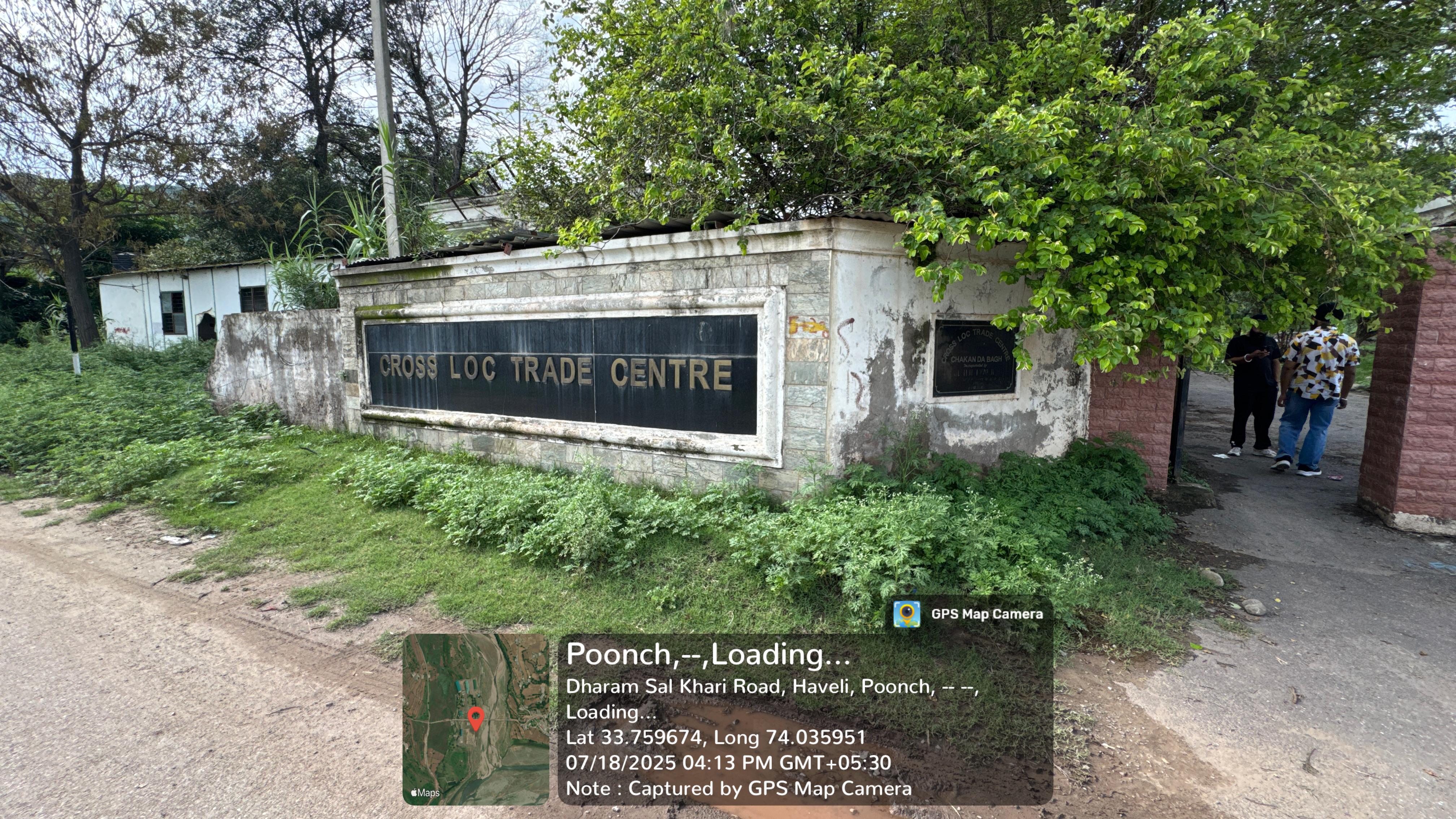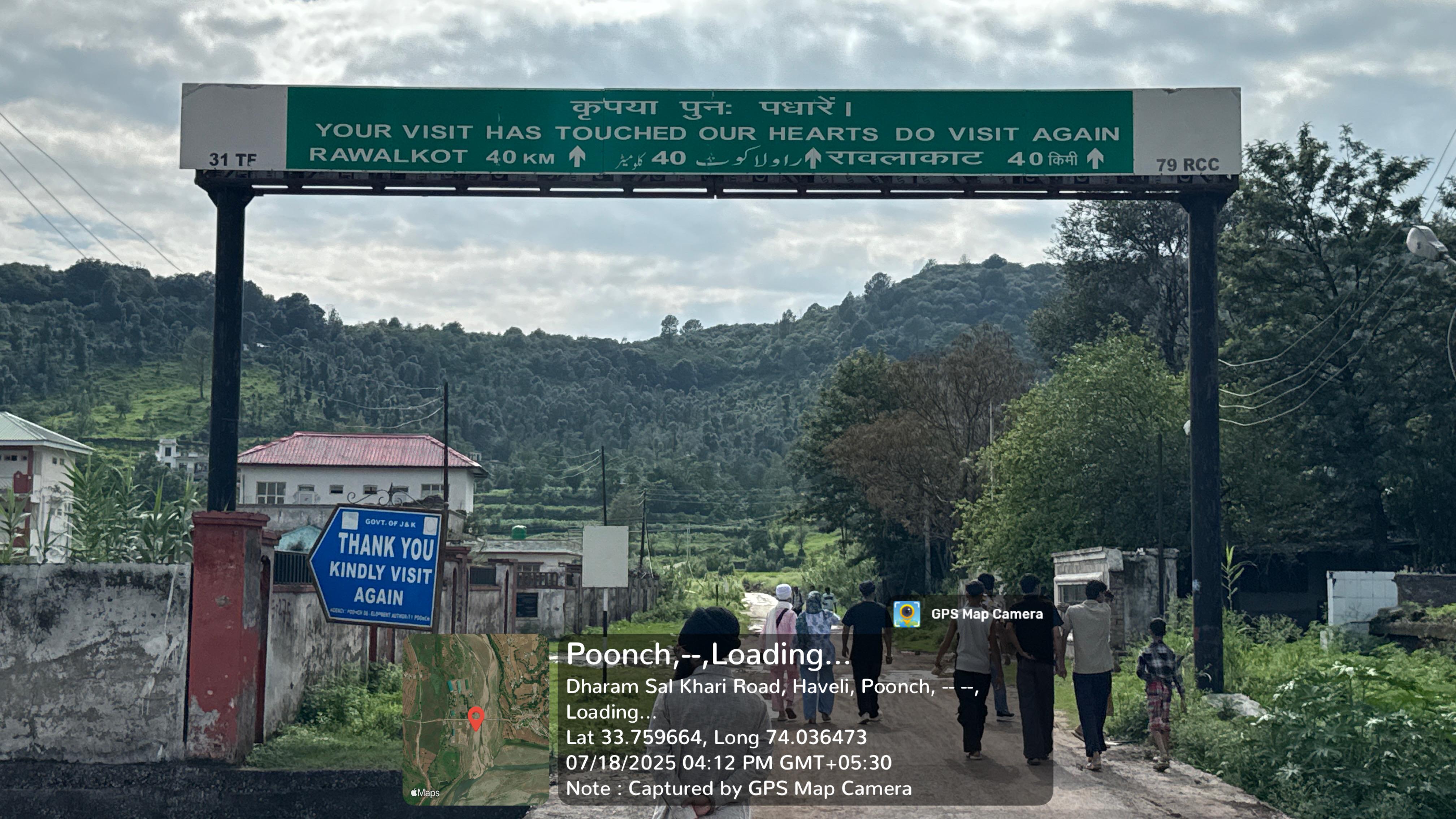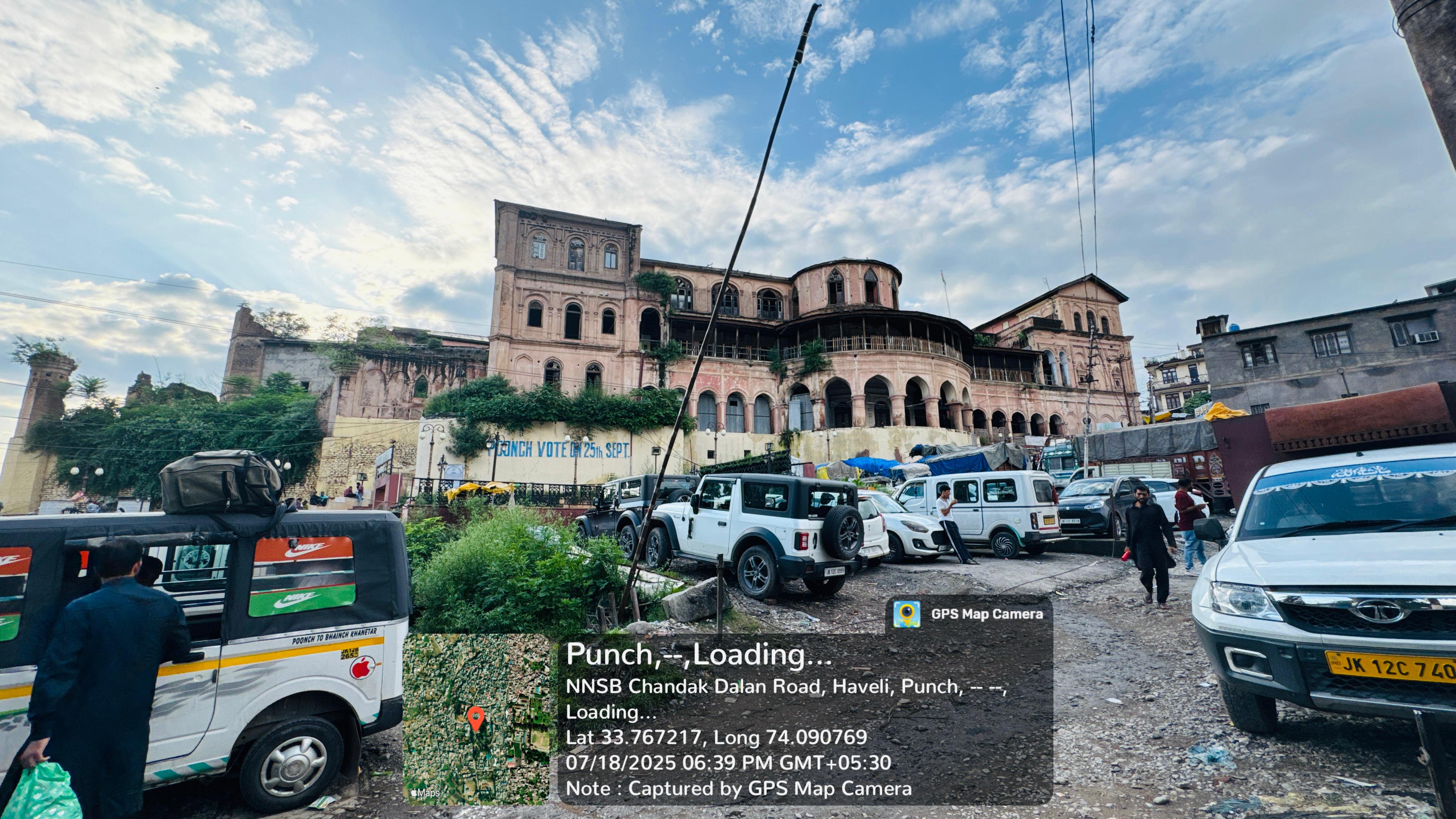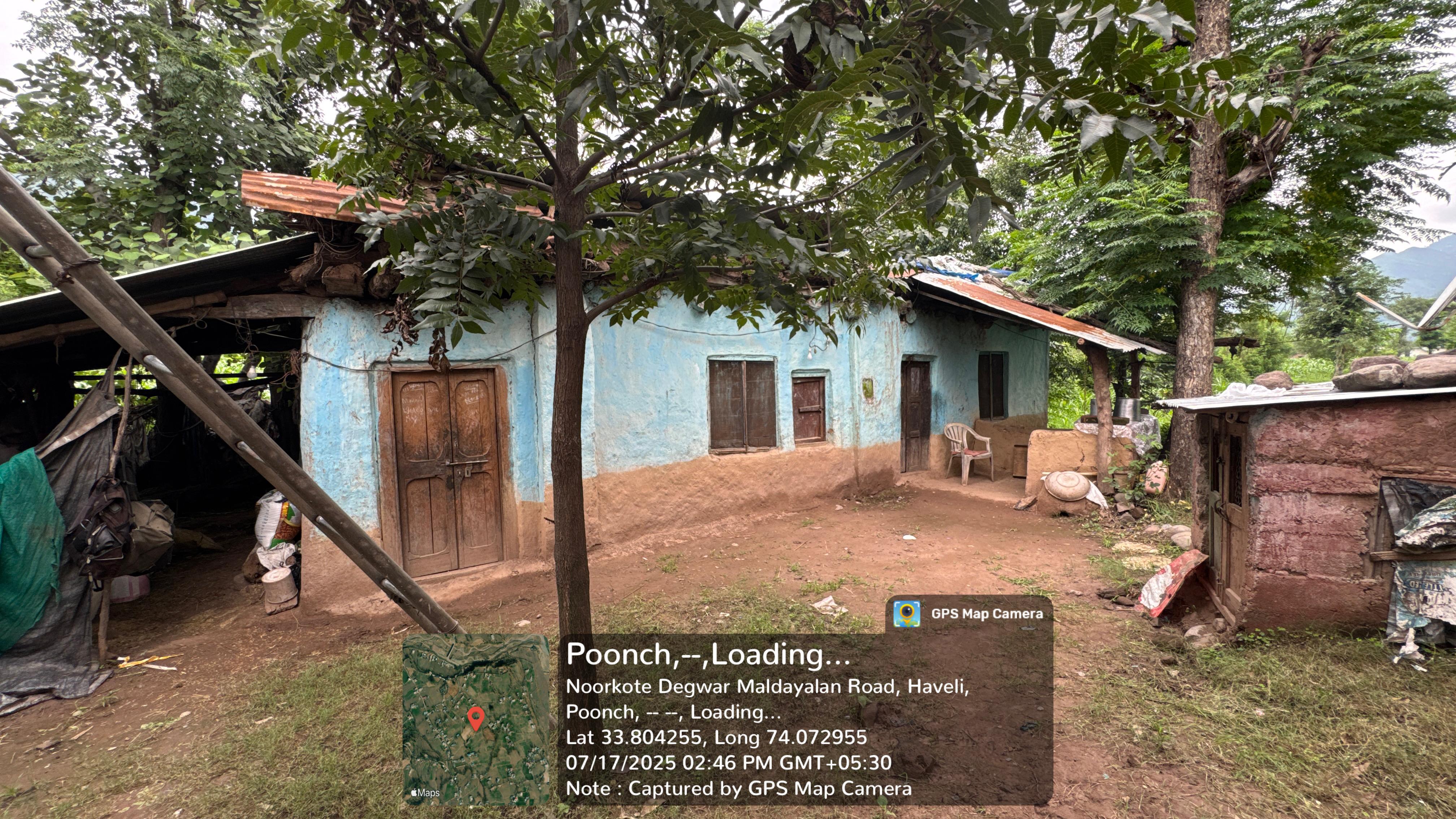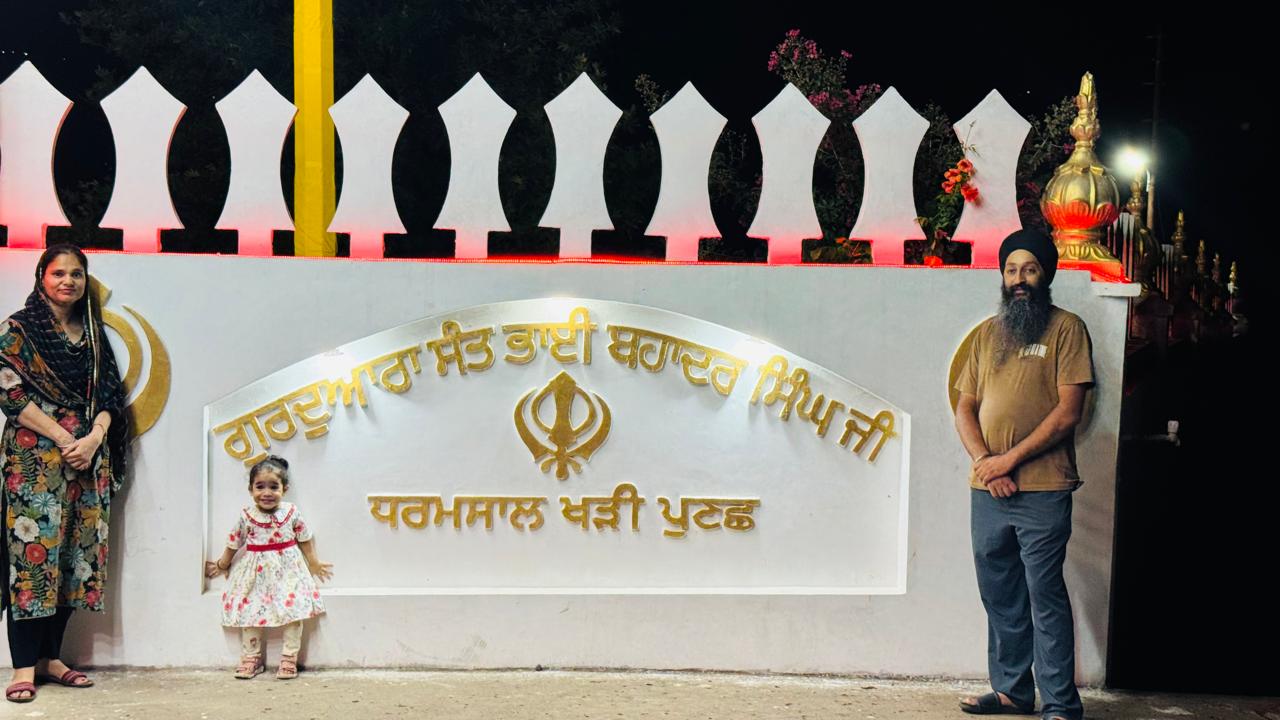Description
Khari dharamsal, a border village of resilience and faith
Khari Dharamsal, a border village in Poonch, Jammu & Kashmir, is renowned for Gurdwara Dehri Sahib, rich cultural traditions, farming life, and its resilience after the 2025 India–Pakistan conflict.”
Khari Dharamsal is a calm and picturesque village in the Poonch district of Jammu and Kashmir, lying close to the Line of Control. Surrounded by fertile fields, gentle hills, and flowing streams, the village carries both the simplicity of rural life and the strength of a community that has lived for generations in this sensitive border region.
History and Spiritual Heritage
The name “Dharamsal” reflects devotion and rest, and the village lives up to its meaning. At its heart stands Gurdwara Dehri Sahib, a sacred shrine of deep reverence. The gurdwara is not only a place of prayer but also a center of unity, where villagers gather for langar, festivals, and moments of collective strength. Alongside the gurdwara, temples and other community spaces highlight the shared traditions that keep the village rooted in faith.
Culture and Daily Life
Khari Dharamsal’s cultural life is full of color and warmth. Festivals like Baisakhi, Lohri, and local fairs bring people together through folk songs, traditional dances, and joyful gatherings. Men are usually seen in kurta-pajama with turbans, while women wear bright salwar-kameez with dupattas, reflecting their cultural pride.
Food is an important part of social life. Dishes like rajma-chawal, makki di roti with sarson da saag, and the much-loved kaladi cheese are enjoyed at family events, festivals, and especially during the langars at Gurdwara Dehri Sahib.
Livelihood and Community
Farming is the backbone of Khari Dharamsal. Families grow wheat, maize, and seasonal vegetables, while livestock rearing provides milk and other dairy products. Small shops and local trades also help sustain livelihoods, though opportunities remain limited because of the village’s border location.
What sets Khari Dharamsal apart is its strong community spirit. People here are known for their hospitality, respect for elders, and close bonds. The gurdwara plays a central role in keeping this unity alive.
Impact of the 2025 Conflict
Life in Khari Dharamsal changed drastically during the India–Pakistan conflict of May 2025. Being close to the border, the village faced heavy shelling and fear of displacement. Families had to leave their homes for safer areas, farmlands were left unattended, and schools were closed for weeks. Even the peaceful rhythm of prayers and langars at Gurdwara Dehri Sahib was disrupted, as the shrine itself felt the tremors of war.
When calm slowly returned, the scars remained—damaged houses, interrupted education, and memories of uncertainty. Yet, the resilience of the people shone through. Villagers rebuilt homes, revived farming, and once again gathered at the gurdwara, proving their strength against hardship.
Looking Ahead
Despite its challenges, Khari Dharamsal has great potential. With its spiritual importance, natural beauty, and hardworking people, it could grow through better infrastructure, improved education, and eco-friendly tourism centered around Gurdwara Dehri Sahib. Support from the government and organizations can help the village overcome its border difficulties and move toward sustainable development.
Conclusion
Khari Dharamsal is not just a village near the Line of Control—it is a community shaped by faith, tradition, and resilience. Anchored by Gurdwara Dehri Sahib, it carries a legacy of unity and devotion. Even after the difficult days of the 2025 conflict, the people of Khari Dharamsal continue to stand strong, holding on to their culture while looking forward to a brighter and more peaceful tomorrow
Photos
Location Map
Amenities
- Accommodation Facility
- Website
Contact Information
| Address |
Khari dharamsal, haweli district of poonch tehsil, pin 185101 |
| Phone Number | |
| Email Address | |
| Website | https://www.sikhiwiki.org/index.php/Gurdwara_Dhehri_Sahib,_Khari_Dharamsal,_Poonch. |


